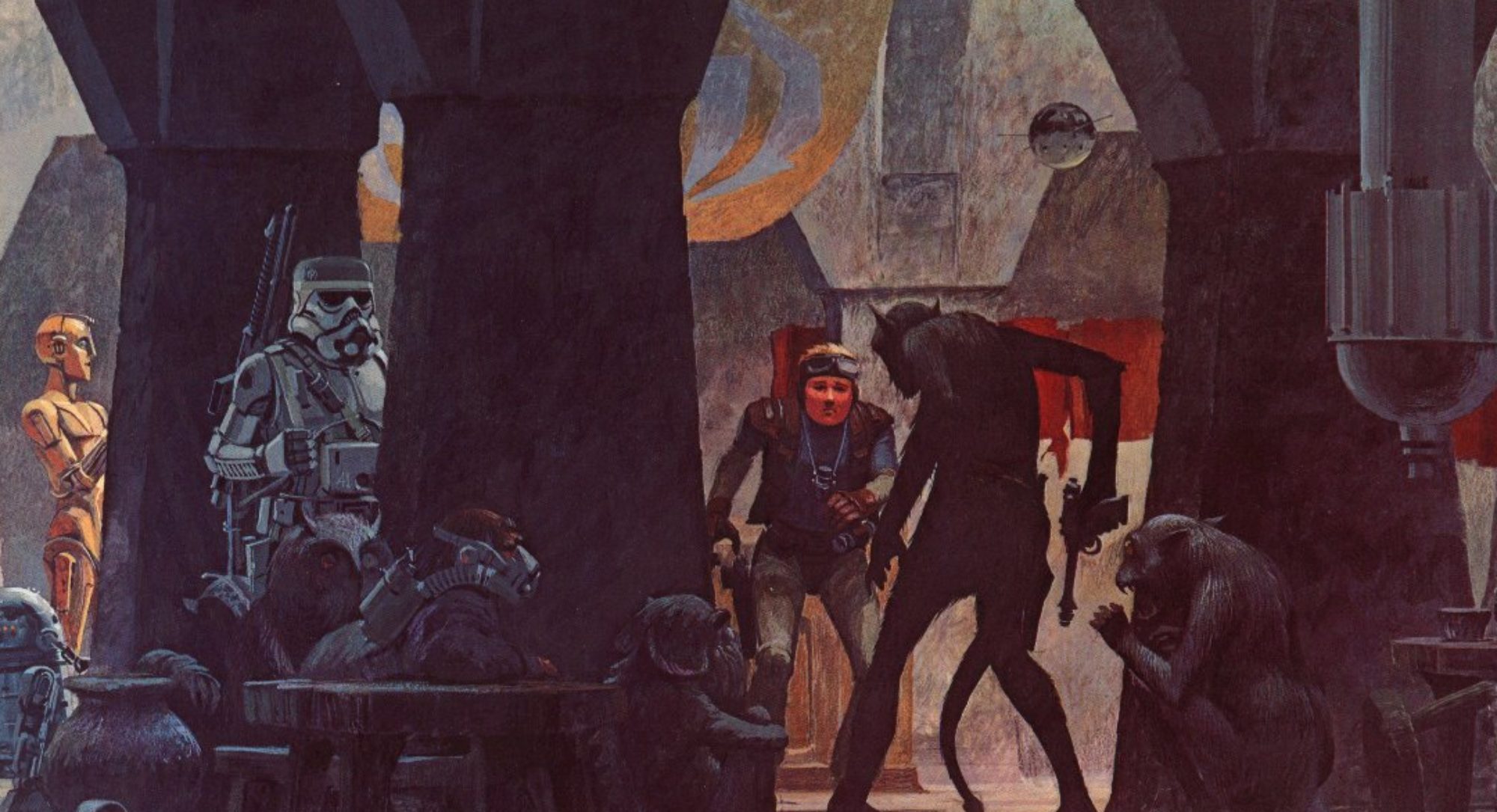 There’s been a discussion recently, centered around a new project guideline enacted by Kickstarter, which now prohibits “rewards in bulk quantities.” Since a lot of projects in the hobby games industry had special “retailer tiers”, whereby local game stores could get in on a Kickstarter, there’s been a lot of push-back on this new prohibition. Those of us who had successful, relatively high-profile Kickstarter projects have been asked for our opinions, or asked to sign a petition against the policy.
There’s been a discussion recently, centered around a new project guideline enacted by Kickstarter, which now prohibits “rewards in bulk quantities.” Since a lot of projects in the hobby games industry had special “retailer tiers”, whereby local game stores could get in on a Kickstarter, there’s been a lot of push-back on this new prohibition. Those of us who had successful, relatively high-profile Kickstarter projects have been asked for our opinions, or asked to sign a petition against the policy.
I won’t be signing, because I whole-heartedly agree with the policy.
Kickstarter is a method of crowd-funding creative efforts — and, in my opinion, shouldn’t be turned into a wholesale distribution network for retail. It should be about creators directly connecting with people who are backing ideas they love. That appears to have been the intention of the site all along, and this policy reinforces that.
The cry from retailers and their supporters is that this just another direct-to-consumer model which cuts the retailers out of the loop. To which I say: yes, it is, and I don’t have any problem with that.
 I used to be a games retailer. From 1988 to 1990, I worked for Titan Games and Comics in Atlanta. From 1993-1995, I worked as the games manager at T&T Comic Market in Lawrence KS. So it’s not as if I don’t have any sympathy for people working in retail — but the simple fact of the matter is: Things are changing. Direct-to-consumer is the model that works best for Creatives, and the tools exist to do that. Shoe-horning retail into that relationship is a nice gesture, but it’s a temporary fix at best — that effort would be better spent in figuring out ways that retail can change, to offer something unique themselves.
I used to be a games retailer. From 1988 to 1990, I worked for Titan Games and Comics in Atlanta. From 1993-1995, I worked as the games manager at T&T Comic Market in Lawrence KS. So it’s not as if I don’t have any sympathy for people working in retail — but the simple fact of the matter is: Things are changing. Direct-to-consumer is the model that works best for Creatives, and the tools exist to do that. Shoe-horning retail into that relationship is a nice gesture, but it’s a temporary fix at best — that effort would be better spent in figuring out ways that retail can change, to offer something unique themselves.
Also, bluntly, there are huge issues of entitlement at work here. Retailers have complained when publishers started offering direct sales from their own websites. Retailers have complained when publishers offered digital sales — that this move was somehow an effort to “cut them out.” And now, retailers are complaining about Kickstarter. The ironic part of all of this is that these efforts (direct sales, digital sales, crowdfunding) have grown as a direct response to a lack of support from retail, the majority of whom stock shallowly and only from the largest producers.
I offered a retail tier on the Kickstarter we did for Far West. 5 copies of the game at wholesale, with the option to increase that order. Only 8 retailers took advantage of that, despite widespread promotion (including coverage on i09). Not a lot, but hey — we made the effort, and are happy to serve those store owners who joined us. Of course, after the Kickstarter ended, and Far West started getting attention and discussion due to the amount we raised, etc. — I was contacted by many more retailers, complaining that we were “cutting them out” by doing a Kickstarter. Some vowed to never order any product from us. Some asked to be let in on the deal after the deadline, and raged when I said that the limited edition was Kickstarter-exclusive, but that they’d have the opportunity to order a retail edition in the future. That wasn’t good enough.
At the ICV2 Conference on Comics and Digital before the New York Comic Con in 2010, Mark Waid said: “We cannot allow ourselves to be held hostage by two thousand retail accounts.” (referring to the total estimated number of dedicated comic book retailers in the United States.) There are even fewer of those accounts that sell games. We’ve tried for years to make them happy, to acquiesce to their demands, even when those demands were to be let in on something that had grown out of their own short-sightedness. We made sure not to under-price them when we sold direct, via website or at Conventions. We made efforts to develop ways that they could earn money on digital sales (and, speaking personally, that was a multi-year effort at inclusion that still hasn’t been widely adopted, and you still see retailers complain about digital, despite those efforts to include them).
Enough. Not everything is about you, or should be.
I’m sorry that the business model is shifting beneath your feet, I really am — but in a question of whether to do something to benefit the creative, or to benefit retail, I’m going to side with the creative, every time.
Kickstarter is about connecting the creative with a consumer — a community-building effort that creates a fanbase, and (when it works as intended) that creates an ongoing relationship. Efforts to include retail in that equation were a move away from that focus, and I think that Kickstarter is right to pull focus back where it belongs.
Update, 8:12pm: Kickstarter has responded to the controversy by clarifying what they mean by ‘bulk.’
“As of today, we’re defining “bulk quantity” as a reward that offers more than ten of a single item. We feel that a limit of ten will prevent bulk commercial transactions while still allowing independent stores (the most frequent backers of these rewards) to back projects and share them with their communities. Projects are welcome to offer rewards intended for stores so long as they are in quantities of ten or less.”


